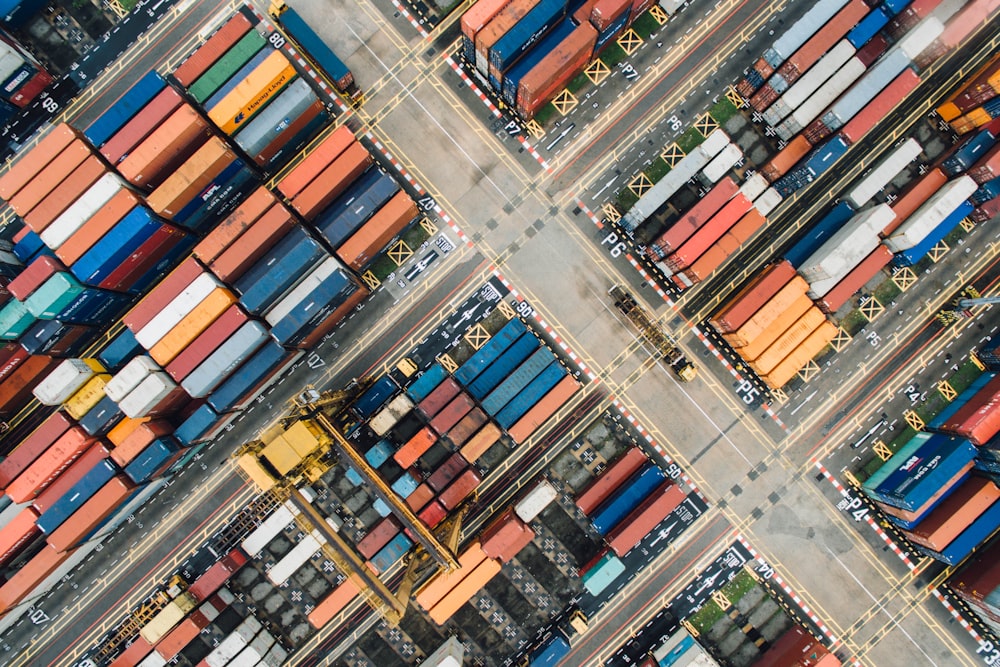
‘This tendency to Diminishing Returns was the cause of Abraham’s parting from Lot, and of most of the migrations of which history tells’ wrote the founder of neo-classical economics, Alfred Marshall, in the first edition of his textbook (1890). In a footnote he refers to the Bible’s Genesis xiii : 6: ‘And the land was not able to bear them that they might dwell together; for their substance was great so they could not dwell together’. (Marshall 1890: 201)
Marshall’s observation also applies to today’s migration patterns: from countries where most activities are subject to constant or diminishing returns to countries whose key economic activities are subject to increasing returns to scale. Diminishing returns occur when one factor of production is limited by nature, which means that it occurs in agriculture, mining, and fisheries. Normally the best land, the best ore, and the richest fishing grounds are exploited first, and – after a point – the more a country specialises in these activities, the poorer it gets. OECD () shows how this occurs in Chilean copper mining: every ton of copper is produced with a higher cost than the previous ton.
In Alfred Marshall’s theory, the ‘Law of Diminishing Returns’ is juxtaposed with ‘The Law of Increasing Returns’, also called economies of scale. Here we find the opposite phenomenon; the larger the volume of production, the cheaper the next unit of production becomes. Traditionally economies of scale were mainly found in manufacturing industry, and increasing returns combined with technological change has for centuries been the main driving force of economic growth. Increasing returns creates imperfect competition, market power and large barriers to entry for challengers – companies or nations – making it difficult for them to enter these industries. In contrast to the rents produced under conditions of increasing returns, raw materials – commodities – on the other hand, are subject to perfect markets, and productivity improvements spread as lowered prices. This is the essence of the theory which explains why former World Bank Chief Economist Justin Yifu Lin was correct hen he asserted that ‘Except for a few oil-exporting countries, no countries have ever gotten rich without industrialization first’ ( : 350).Read More »






